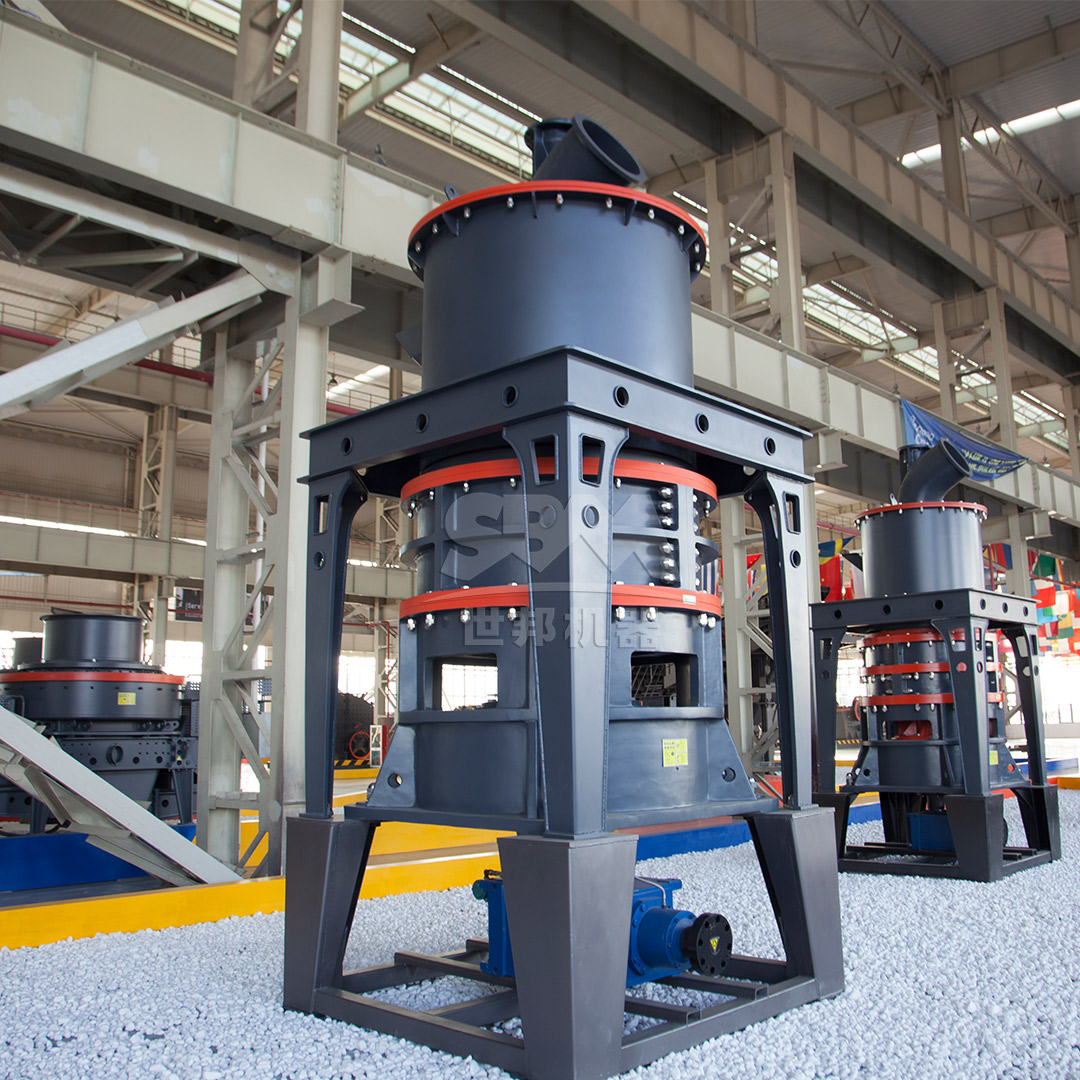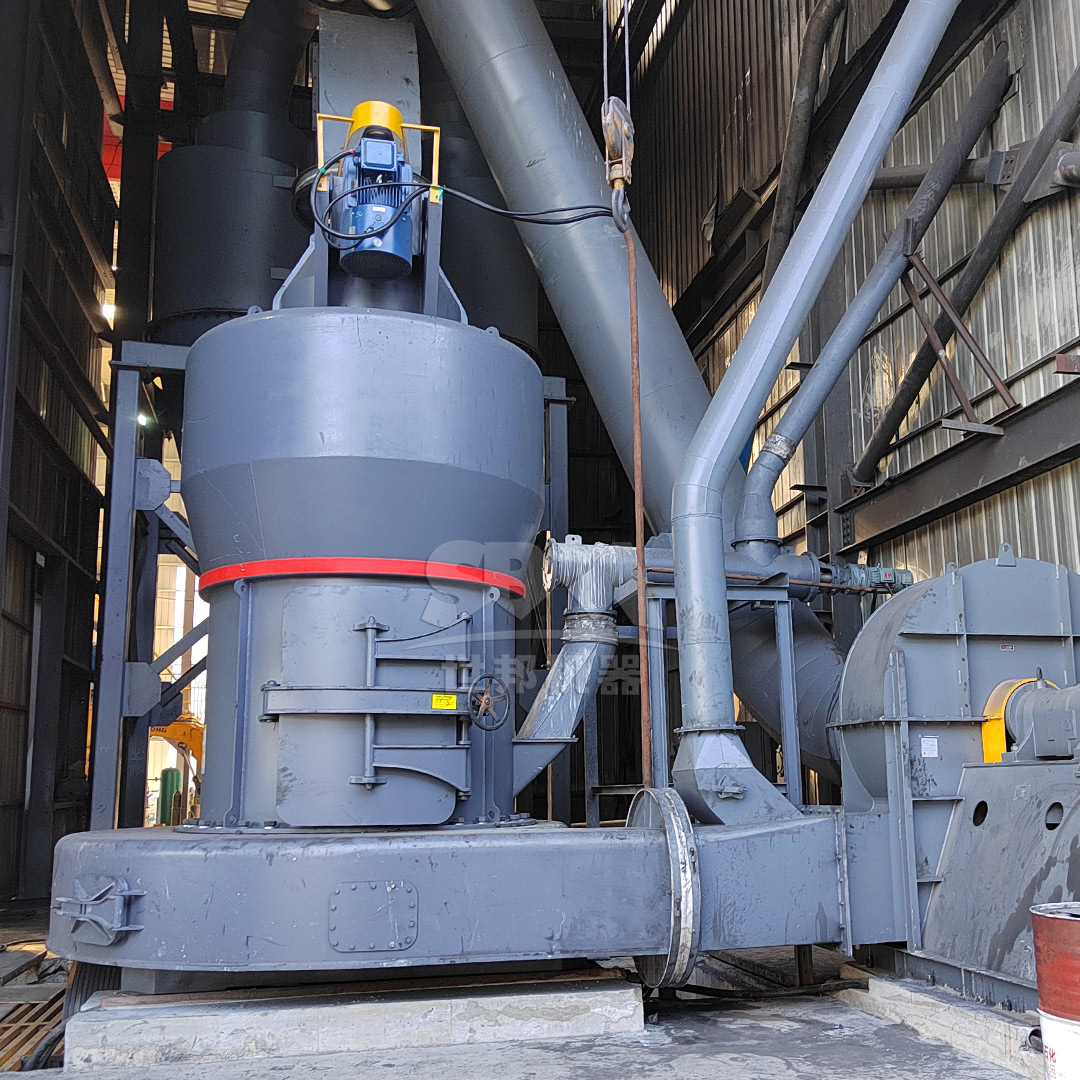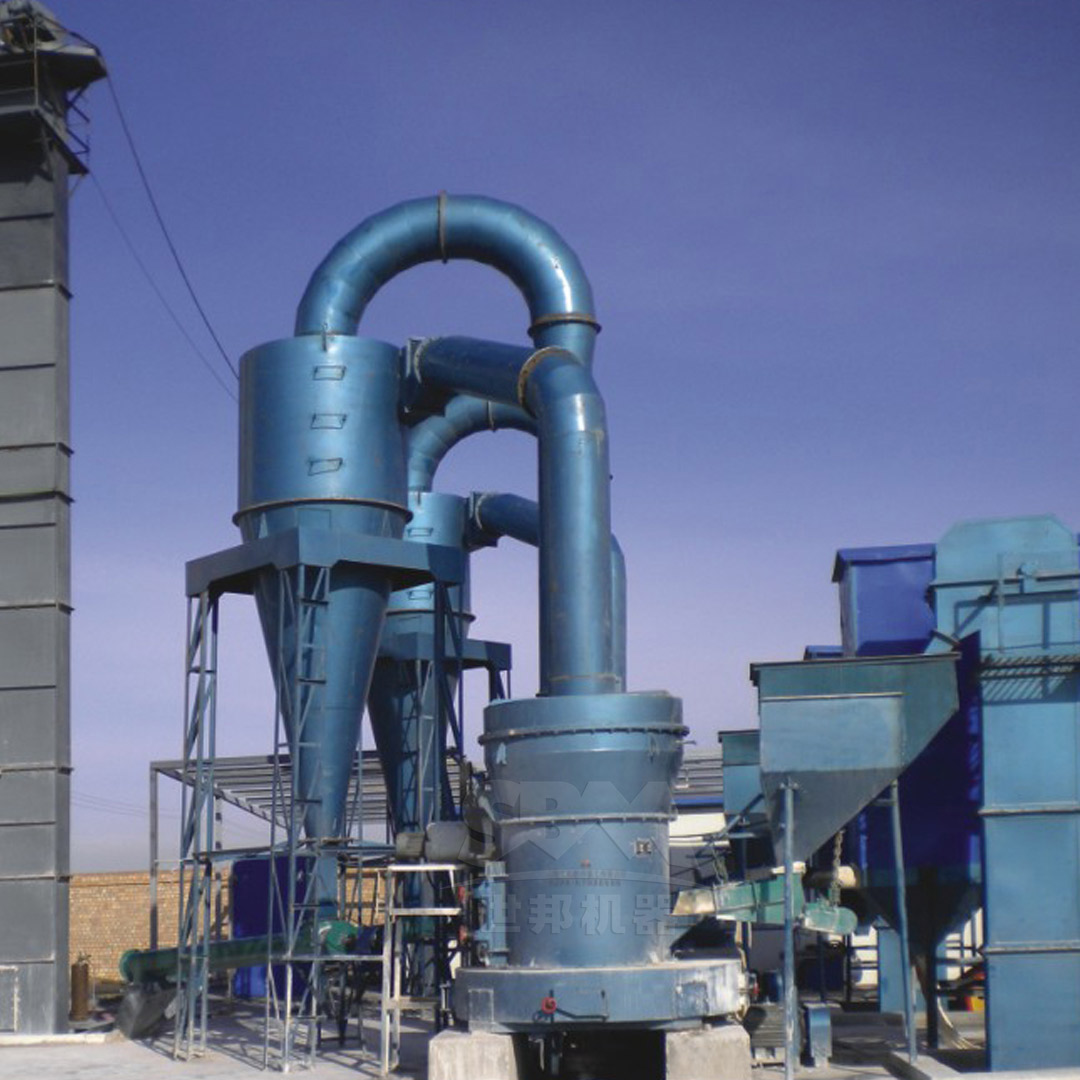The production of high-performance thermal insulation materials demands precise control over raw material properties, particularly particle size distribution and purity. Talc, a hydrous magnesium silicate mineral, serves as a critical component in these advanced materials due to its excellent thermal stability, low thermal conductivity, and reinforcing properties. Achieving the optimal talc powder characteristics requires sophisticated grinding mill systems capable of producing ultra-fine powders with narrow particle size distributions while maintaining energy efficiency and operational reliability. This article explores the technological requirements for talc processing and presents advanced milling solutions that meet these demanding specifications.
Talc (Mg3Si4O10(OH)2) possesses a layered structure that facilitates easy delamination into thin plates, making it ideal for thermal insulation applications. The effectiveness of talc in insulation materials depends significantly on its particle size, aspect ratio, and surface area. For premium thermal insulation products, talc powder typically requires a fineness of 325 to 2500 mesh (D97 ≤ 5μm) with minimal contamination and consistent particle morphology.
The processing challenges include:
Modern talc processing has evolved from traditional ball milling to more sophisticated technologies that better preserve talc’s beneficial properties while achieving superior fineness and production efficiency. The ideal milling system must combine gentle grinding action with precise classification to produce the platelet-shaped particles that enhance thermal insulation performance.
For producing talc powder suitable for high-performance thermal insulation materials, our SCM Ultrafine Mill represents the pinnacle of grinding technology. This system specifically addresses the unique challenges of talc processing while delivering exceptional operational efficiency.

The SCM series achieves remarkable performance through several innovative features:
The mill utilizes a multi-layer grinding ring design with specially formulated roller and ring materials that minimize iron contamination while providing the precise pressure needed to exfoliate talc layers without excessive comminution. The grinding force is carefully controlled to preserve the platelet structure that enhances thermal insulation properties.
Equipped with a high-precision vertical turbine classifier, the SCM mill ensures exact particle size cut points with minimal coarse particle contamination. The classifier’s variable speed control allows real-time adjustment of product fineness from 325 to 2500 mesh, making it ideal for different grades of thermal insulation materials.
Compared to conventional grinding systems, the SCM Ultrafine Mill reduces energy consumption by up to 30% while doubling the production capacity of jet mills of equivalent power. This efficiency translates to significantly lower operating costs for talc processing plants.
| Model | Capacity (ton/h) | Main Motor Power (kW) | Output Fineness (mesh) | Feed Size (mm) |
|---|---|---|---|---|
| SCM800 | 0.5-4.5 | 75 | 325-2500 | ≤20 |
| SCM900 | 0.8-6.5 | 90 | 325-2500 | ≤20 |
| SCM1000 | 1.0-8.5 | 132 | 325-2500 | ≤20 |
| SCM1250 | 2.5-14 | 185 | 325-2500 | ≤20 |
| SCM1680 | 5.0-25 | 315 | 325-2500 | ≤20 |
The completely sealed grinding system combined with high-efficiency pulse dust collection ensures dust emissions meet international environmental standards. The integrated soundproofing design maintains noise levels below 75dB, creating a better working environment while preventing product loss.
For thermal insulation applications requiring slightly coarser talc powders or for preliminary grinding stages, our MTW Series Trapezium Mill offers an excellent solution with robust performance and reliability.

This European-style grinding mill combines large capacity with fine grinding capability, making it suitable for producing talc powders in the 30-325 mesh range. Key advantages include:
The MTW mill features specially designed wear-resistant shovel blades and grinding rollers that significantly extend service life when processing abrasive minerals like talc. The curved blade design improves material feeding efficiency while reducing maintenance requirements.
The innovative arc-shaped air channel minimizes energy loss during material conveying and classification. The high-strength protective plates ensure long-term reliability even under continuous operation conditions.
The integrated bevel gear transmission achieves 98% transmission efficiency, reducing energy consumption while providing smooth, reliable operation. The compact design saves installation space and reduces civil engineering costs.
Successful talc processing for thermal insulation materials requires more than just a grinding mill—it demands a fully integrated system approach. The complete grinding circuit should include:
Primary crushing and drying systems prepare the raw talc ore for fine grinding. Jaw crushers or hammer mills reduce large talc chunks to the required feed size of ≤20mm, while rotary dryers manage moisture content to optimal levels for grinding efficiency.
High-efficiency classifiers ensure precise particle size control, while pulse jet baghouse collectors achieve collection efficiencies exceeding 99.9%. The closed-loop system design prevents product loss and environmental contamination.
Modern grinding plants incorporate sophisticated PLC-based control systems that monitor and adjust operational parameters in real-time. These systems optimize production rate, energy consumption, and product quality while reducing operator intervention.

The performance of talc in thermal insulation materials depends critically on several quality parameters that the grinding system must preserve or enhance:
The platelet structure of talc significantly contributes to its thermal insulation properties by creating tortuous paths for heat transfer. The grinding system must exfoliate the talc layers without excessive breakage across the platelet planes.
Iron contamination from wear parts can degrade the thermal stability and electrical properties of insulation materials. The use of ceramic or specially hardened steel components in critical wear areas minimizes this contamination.
Specific surface area directly influences the binding requirements and final density of insulation materials. The grinding system must provide consistent surface area development across production batches.
While advanced grinding systems represent significant capital investment, their economic benefits for talc processing operations are substantial:
The high efficiency of modern grinding systems can reduce energy consumption by 30-50% compared to traditional technologies, resulting in dramatic operational cost savings, particularly for continuous production operations.
Extended wear part life and reduced downtime for maintenance significantly lower operating costs. The modular design of components like grinding rollers and classification rotors enables quick replacement and minimal production interruptions.
Superior product quality commands higher market prices, particularly for high-performance thermal insulation applications where consistency and performance are critical.
The production of high-quality talc powder for thermal insulation materials requires sophisticated grinding technology that balances product quality, operational efficiency, and economic viability. Our SCM Ultrafine Mill and MTW Series Trapezium Mill provide comprehensive solutions that meet these challenging requirements. With advanced features including precision classification, energy-efficient operation, and minimal contamination, these systems enable producers to achieve the exact talc specifications needed for premium thermal insulation products while maintaining competitive operating costs. As demand for high-performance insulation materials continues to grow, investing in optimized talc grinding technology becomes increasingly essential for maintaining market leadership and profitability.